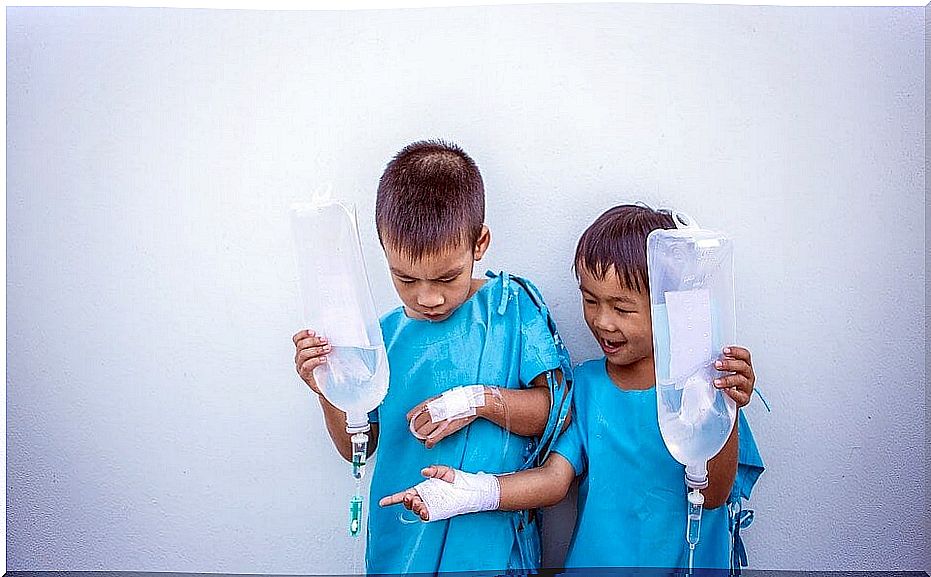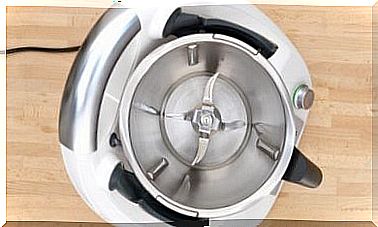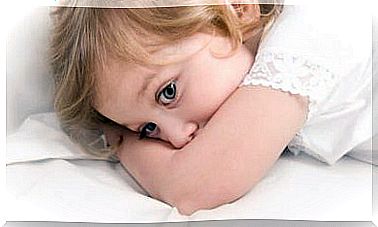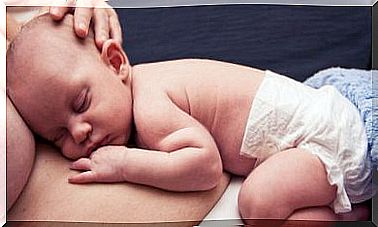Learn About Some Of Your Child’s Illnesses That Don’t Need Treatment

When your child is growing up, it is natural for him to be exposed to different types of diseases, and precisely when he gets sick, many parents think that medications are the key. But many of them, surprisingly, do not need treatment, but are overcome when their defenses and antibodies do their job.
Children can defeat the most common diseases with their defenses, and in most cases antibiotics are not necessary, taking into account that not all drugs cure these diseases but only relieve the discomfort caused during the convalescent stage.
You see, most of the viral disorders that affect children tend to heal on their own, within a few days. In addition, there are many bacterial infections that do not need antibiotic treatment, one of which is the flu.
The flu is a more serious illness than the cold that manifests itself with a high fever, dry cough, and general malaise. When this manifests, there is usually no mucus in the nose. It is produced by a virus, of which there are many varieties that change from one year to another. There is a vaccine for the flu, but each year is different and the one from the previous year no longer works, because the virus mutates; However, if your child suffers from a chronic disease such as asthma, it is convenient to vaccinate him against the flu.

Cold treatment doesn’t cure it, it just makes it more bearable
Keep in mind that the flu vaccine does not prevent colds, they are different diseases. Again, antibiotics are useless for colds unless a bacterial complication has developed, such as pneumonia. Treatments only serve to relieve symptoms, for example antipyretics lower fever and relieve pain, but do not shorten the disease. It is the child’s defenses that overcome the process.
The common cold, unlike the flu, has symptoms such as runny nose, cough, and sometimes fever. The snot is usually watery at first, then white, yellow, green and thick, green and dry, and at this point the child is cured and ready to catch a cold again.
This disease is not caused by the cold, but by a virus. There are hundreds of different viruses that can cause colds, so it is not possible to make a vaccine. Antibiotics don’t do much good for colds either. The abuse of antibiotics, apart from side effects and unnecessary expenses, produces resistance in the microbes and sometimes they no longer work.
If there is a fever you can give him an antipyretic. If the cough is very intense and does not let the child sleep, a cough suppressant. But if it is bearable, you may want to cough to expel the mucus. Nasal decongestants or vasoconstrictors are not recommended in children under twelve years of age.

The expectorants that are used to increase coughs and mucus, the mucolytics that are to make the mucus more liquid, the antihistamines that are used for allergies and the balsamic ones do not have any noteworthy effect. The same can be said for vitamin C and natural and alternative products. If the child has a better season, it was not because of the last medicine he took, but by pure chance.
There are diseases that can heal themselves
Acute otitis media can be caused by viruses or bacteria, and has been treated with antibiotics for decades. Doctors tend to diagnose otitis very often, when the child has a fever and nothing else is seen to affect him, it is easy to convince oneself that the eardrum is a little red.
Several scientific studies maintain that the treatment for otitis is practically useless, it does not shorten the disease, it does not reduce pain and it does not improve hearing. Treatment is justified in children under two years of age with high fever, children with poor general condition, with bilateral otitis or with prolonged illness.
Pharyngitis means inflammation of the throat. The key symptom is pain that increases when swallowing. In many cases it is caused by a virus, and antibiotics are completely useless. In other cases it is caused by a bacterium, streptococcus, and it is then customary to administer penicillin to avoid a rare but serious complication such as rheumatic fever.
Streptococcus bacteria usually give a fever above 38.5ºC, but there is no cough or mucus. In contrast, a sore throat that is accompanied by a cough and mucus, without fever or with only a few tenths, is almost certainly caused by a virus. Penicillin is not given to cure angina, but to prevent rheumatic fever. Anginas, for example, are not cured sooner by taking antibiotics.









